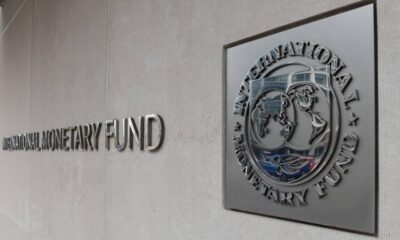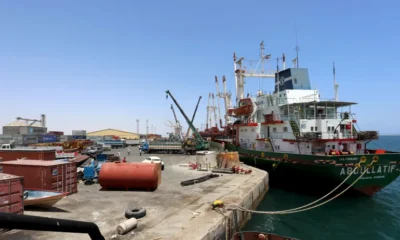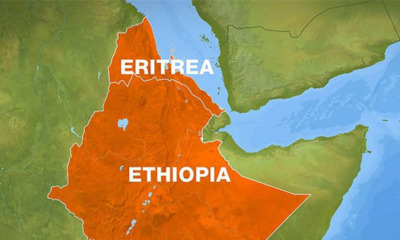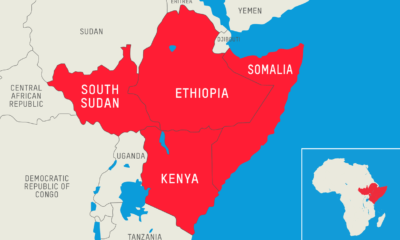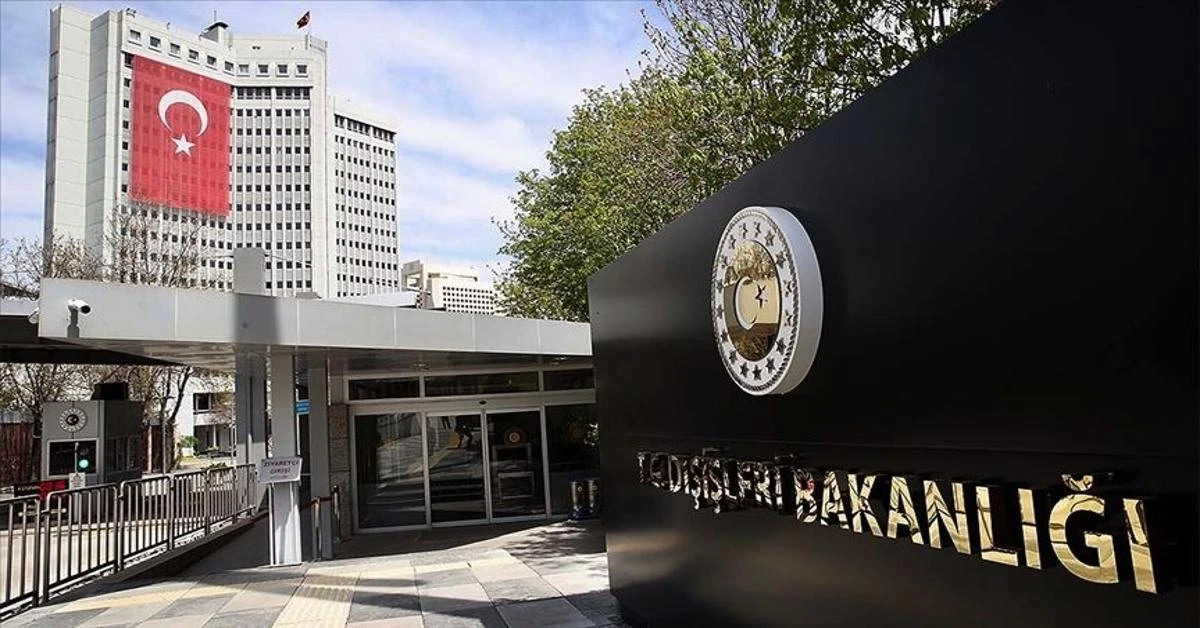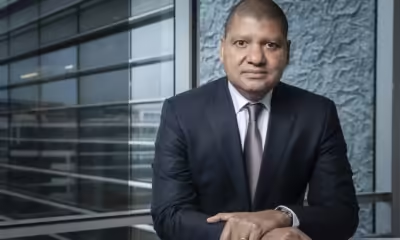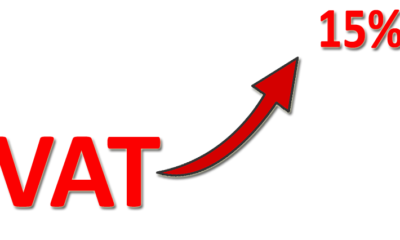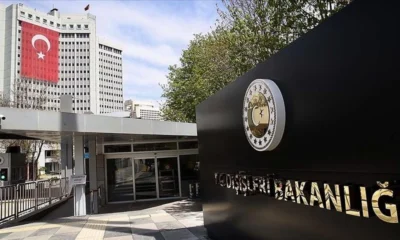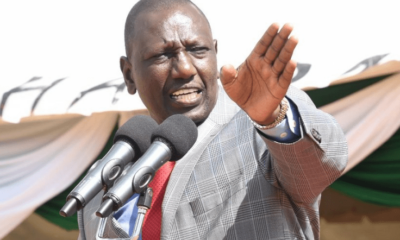According to sources in his ministry, Turkey’s foreign minister will visit Djibouti next week to attend a ministerial conference between Turkey and Africa and discuss strengthening Ankara’s ties with the continent.
In recent years, Turkey, a NATO member, has increased its influence and presence in Africa by nearly doubling trade, providing military and diplomatic support to some nations, and signing agreements in many different sectors.
Speaking anonymously, the officials stated that the Djibouti gathering would assess a prior 2021 summit and discuss potential steps to further collaboration. According to the officials, delegates from 14 African nations as well as Turkish Foreign Minister Hakan Fidan will attend the summit, which is scheduled for November 2-3.
At a time when West Africa is grappling with an upsurge in terrorism, it coincides with Turkish mediation efforts to settle a dispute between Somalia and Ethiopia over an agreement that Ethiopia made to lease a portion of Somaliland’s coastline.
The absence of confidence between the sides made the mediation challenging, according to the officials, but Ankara hoped for positive news in the days ahead.
After signing an oil and gas cooperation agreement with the West African country in July, Turkey signed a mining cooperation agreement with Niger on Tuesday.
Regarding the agreement, the officials stated that by the end of the year, Turkey’s Mineral Research and Exploration Authority will begin production in three gold mining sites in Niger that were guarded by Niger security troops.
By forming alliances with numerous countries and supplying armed drones to Somalia, Ethiopia, and other countries, Turkey is vying for influence in Africa against superpowers like France, Russia, and China.
The authorities stated that the goal of Turkey’s military training and defence equipment supply was to bolster “national capabilities” and counterterrorism aid.
“Countries that have acquired Turkish drones have increased their ground control in their countries,” said an official, citing Burkina Faso’s doubling the level of its control over the state to 65% using Turkish drones.
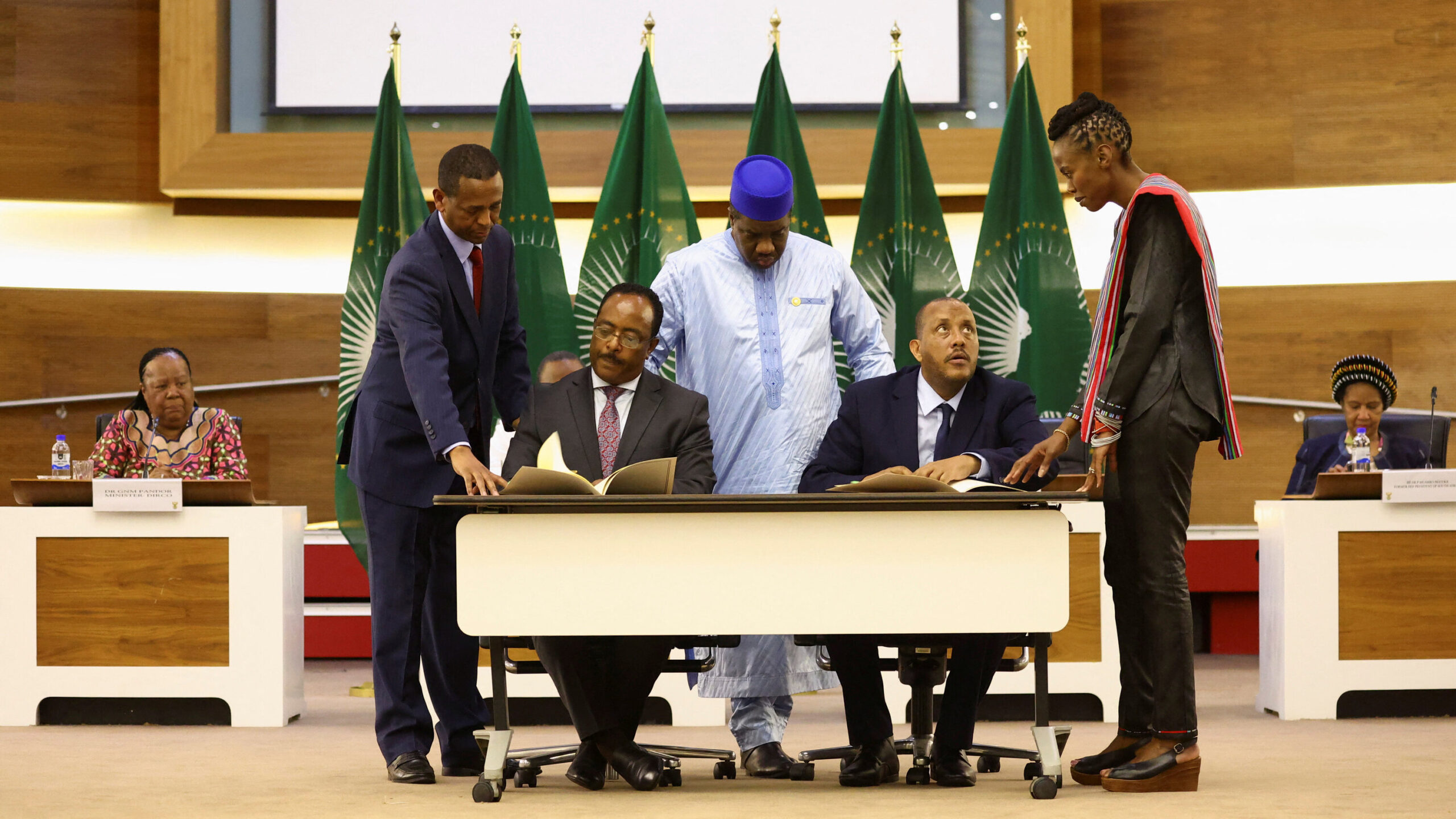
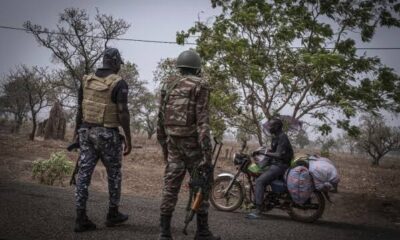
 Politics2 days ago
Politics2 days ago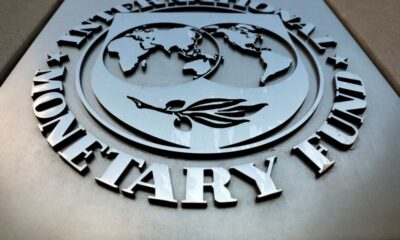
 VenturesNow2 days ago
VenturesNow2 days ago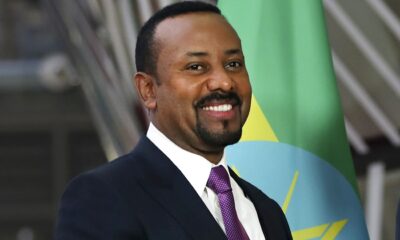
 Uncategorized2 days ago
Uncategorized2 days ago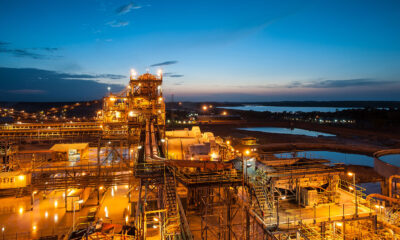
 VenturesNow23 hours ago
VenturesNow23 hours ago

